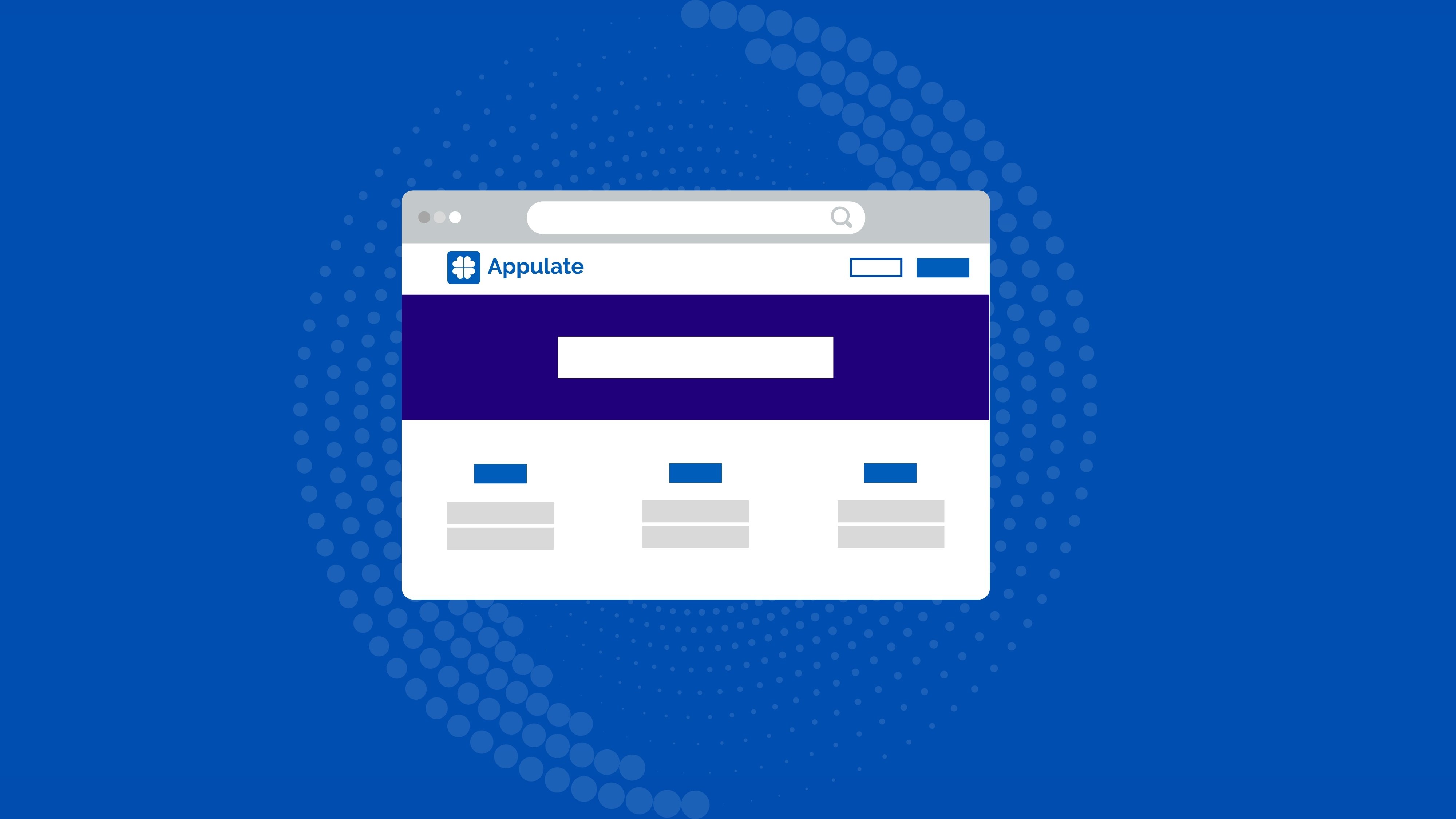Quote Automation vs. Standard Quoting
Innovations like Insurtech and the digital insurance application process have revolutionized how insurance services are delivered. Among these advancements are the development of user-friendly quoting software and automated quoting systems. The choice between traditional standard quoting and modern automated quoting is crucial for insurance companies aiming to enhance efficiency, accuracy, and customer satisfaction. This blog delves into the benefits of quote automation versus standard quoting, providing insights into how each approach affects the commercial insurance landscape.
The Traditional Quoting Process
Standard quoting in insurance typically involves manual processes, where agents or brokers gather information from clients, complete ACORD forms, and submit them to multiple carriers for quotes. This method has been the norm for decades and relies heavily on human intervention. While it offers a personalized touch and a hands-on approach, it also comes with significant drawbacks.
- Time-Consuming: Manually collecting data, filling out forms, and submitting to multiple carriers is labor-intensive and time-consuming. This can delay the entire quoting process, leading to slower response times for clients.
- Prone to Errors: Human error is an inherent risk in manual processes. Incorrect data entry or incomplete forms can lead to inaccurate quotes or necessitate repeated submissions.
- Inconsistent: The quality and accuracy of quotes can vary significantly depending on the skill and experience of the agent or broker handling the process.
- Resource-Intensive: Standard quoting requires substantial human resources, which could be better utilized in more strategic roles within the organization.
The Rise of Quote Automation
Quote automation leverages advanced insurance application software and platforms to streamline the quoting process. This approach utilizes technology to collect client information, populate ACORD forms, and submit to multiple carriers automatically. Key components of quote automation include commercial insurance software, submission platforms, and instant quote capabilities. There are also a number of benefits to quote automation, such as:
- Increased Efficiency: Automated quoting significantly reduces the time required to gather information and generate quotes. Insurance platforms equipped with automation can produce instant quotes, providing clients with faster responses.
- Enhanced Accuracy: By minimizing human intervention, the risk of errors is substantially reduced. Automated systems ensure that data is accurately captured and consistently applied across all forms and submissions.
- Consistency: Automation provides a standardized process, ensuring that every quote follows the same high-quality procedure regardless of the agent or broker involved.
- Cost-Effective: While there is an initial investment in insurance automation technology, the long-term savings in labor costs and increased operational efficiency can be substantial.
The Future of Quoting
Clients today expect quick and accurate service. Automated quoting meets these expectations by providing instant quotes and reducing waiting times. A seamless digital insurance application process enhances client satisfaction and fosters loyalty. Not to mention, automation allows insurance companies to reallocate human resources from repetitive tasks to more strategic roles, such as customer relationship management and business development. This shift can drive innovation and growth within the organization.
The insurance industry is at a crossroads, where traditional methods meet modern technology. While standard quoting has its merits, the long-term benefits of quote automation are undeniable. Increased efficiency, accuracy, and scalability, coupled with improved customer experience and resource allocation, make automation a compelling choice for commercial insurance companies.
As the industry continues to evolve, embracing insurance automation and Insurtech innovations will be crucial for staying competitive and meeting the ever-growing expectations of clients. By transitioning to automated quoting, insurance companies can streamline their operations, reduce costs, and ultimately deliver better value to their clients in the long run. The future of commercial insurance lies in automation, and those who adapt will reap the rewards of a more efficient and customer-centric approach.


